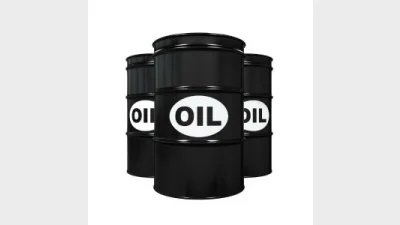Value may still be found in higher-quality parts of EM market



Although emerging markets (EMs) offer unique exposure to both COVID-19 and the oil price crash, Western Asset sees value in the higher quality part of the market.
According to Kevin J. Ritter and Mark Hughes from Western Asset, a key theme for EMs in 2020 would be a material increase in external USD-denominated sovereign bond issuance since those countries typically did not have the balance sheet capacity to boost spending on their own.
“We expect EM sovereigns to aggressively lock in funding for these relief programs via external, local and multilateral sources,” they said.
“At the beginning of 2020, we expected gross EM hard currency sovereign issuance to be approximately US$150 billion, much of which would go to refinance existing borrowings.
“As the magnitude of the growth shock from coronavirus and energy has unfolded, we now believe this year’s new supply will be as much as US$300 billion.”
Following this, further exacerbating coronavirus-impacted fiscal dynamics would be the oil shock, for oil-dependent nations in particular which would see their revenues undershoot previous estimates significantly. According to Western Asset, particularly at risk are Gulf Cooperation Council (GCC) countries, which would be heavily impacted by lower energy prices.
“At the onset of the year, the market expected roughly $30 billion of GCC external debt issuance during 2020. However, we now anticipate issuance of as high as $80 billion, with Qatar and Abu Dhabi printing $17 billion just this past week,” Ritter and Hughes said in a note.
Further to that, the managers expected EM sovereign issuance would come with a significant concession for the foreseeable future, as exemplified by recent sovereign issues from Panama, Israel and Qatar. The opportunity was demonstrated in historically high levels of credit spreads available in EM sovereign bonds, even exceeding stressed levels observed during the taper tantrum and the 2015 oil shock.
“Within the lower-quality EM universe, we see significant divergence between issuers, with stressed credits such as Ecuador and Lebanon recently announcing restructurings, but BBB and BB rated credits watching for their opportunity to come to market as the post-virus recovery progresses,” they said.
“While we acknowledge that EM economies have unique exposure to both COVID-19 and the oil price crash, we still find value in the higher quality part of the market—a strategy that lines up with Western Asset’s recent views on value in the US investment-grade market.”
Recommended for you
Australian equities manager Datt Capital has built a retail-friendly version of its small-cap strategy for advisers, previously only available for wholesale investors.
The dominance of passive funds is having a knock-on effect on Australia’s M&A environment by creating a less responsive shareholder base, according to law firm Minter Ellison.
Morningstar Australasia is scrapping its controversial use of algorithm-driven Medalist ratings in Australia next year and confirmed all ratings will now be provided by human analysts.
LGT Wealth Management is maintaining a neutral stance on US equities going into 2026 as it is worried whether the hype around AI euphoria will continue.












